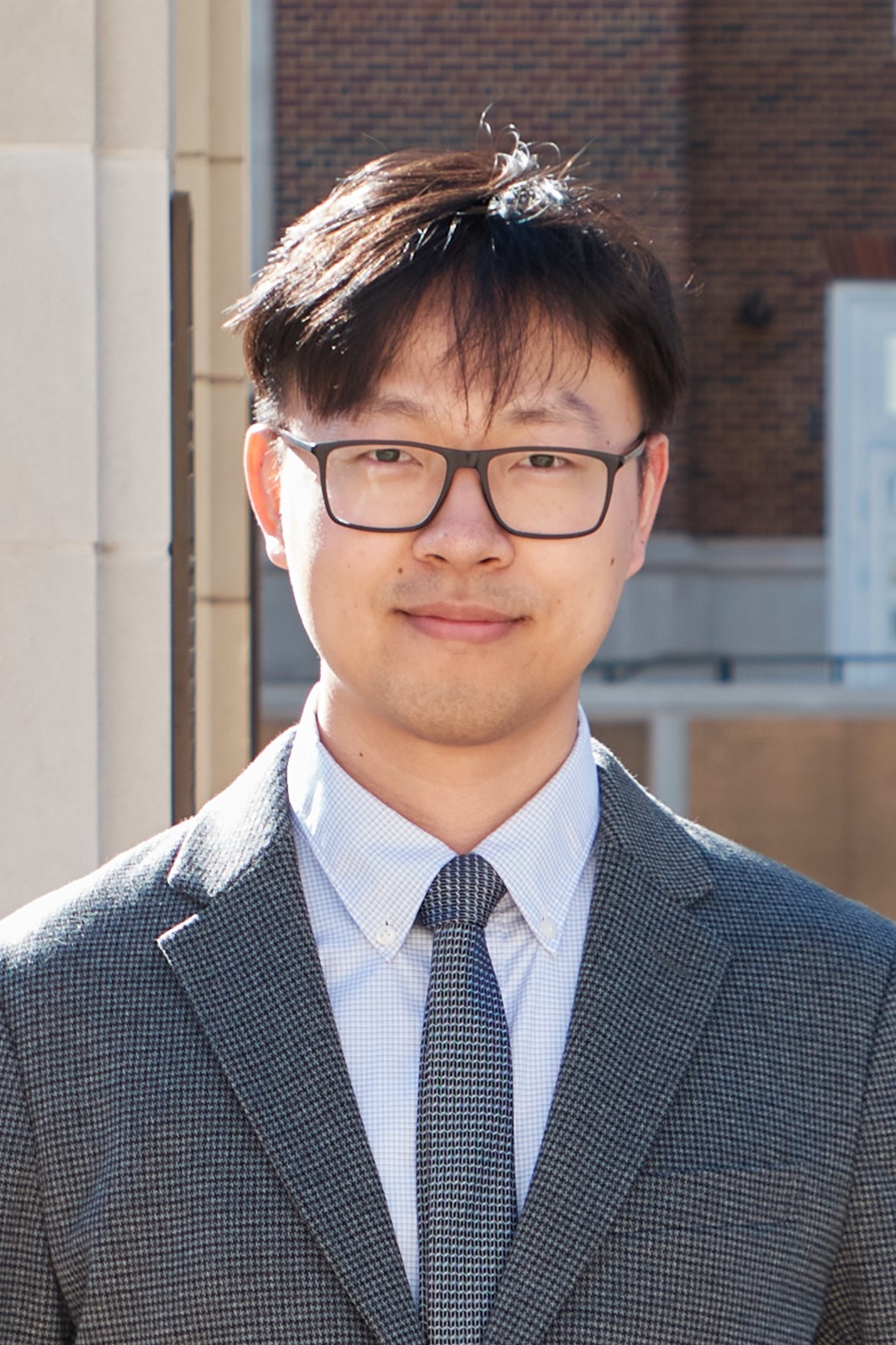News
October, 2025Our paper "Fingerprint Authentication Using Vibration-boosted Refreshing Touchscreen" was accepted by IEEE MASS 2025!
June, 2025Our paper "Haptic-Based User Authentication for Tele-robotic System" was accepted by IEEE RO-MAN 2025!
May, 2025Our paper "Adversarial OFDM Spectrum Modification to Manipulate Channel State Information Systems" was accepted by IEEE DySPAN 2025!
... see all News
Welcome!
I am a Ph.D. student in computer science at Southern Methodist University. I am seeking for summer 2026 internship and am open to job opportunities and connections.
My recent research topics are the Internet of Things, cyber-physical systems, VR, robotics, and deep learning.
I received my undergraduate degree in electrical engineering from the University of Birmingham (UoB) and Huazhong University of Science and Technology in 2018 and went on to earn my master in sciecne degree in internet engineering from University College London.
